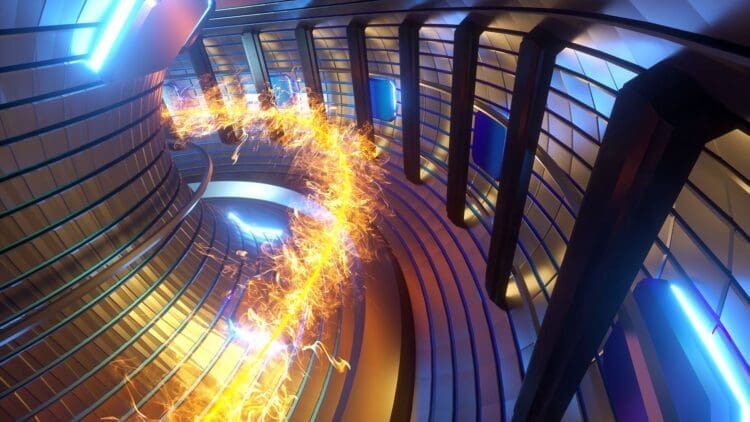In a development that accelerates the progress of adopting nuclear power, Egypt’s El Dabaa nuclear plant has reached a critical milestone, as Russian energy utility Rosatom has reported that reactor welding progresses beyond the initial phase towards completion. Several nations around the world are implementing measures and policies that aim to fast-track the adoption of nuclear power instead of relying on the traditional energy generation methods that the oil and gas sectors present.
The first reactor vessel for Egypt’s El Dabaa nuclear plant has been assembled by Russian energy utility Rosatom
Considering the international political stance towards Russia, some might find this development surprising. What we must remember is that Russia has vast amounts of experience in the energy sector, with the construction of nuclear reactor vessels being a select expertise for Rosatom.
Reports emerging from the iconic nation of Egypt, along with an operational update from Rosatom, state that the 10-day process of welding the closing seam of the reactor vessel being manufactured for the first unit at Egypt’s first nuclear power plant has been completed.
According to the Russian manufacturer, their employees used about two tonnes of flux and more than 1.5 tonnes of special wire during the welding phase, which is taking place at the Izhora production site in St Petersburg. The completed reactor pressure vessel, which measures 13 meters in length and 4.5 meters in width, is expected to be delivered to Egypt’s El Dabaa nuclear plant by the end of 2025.
“After welding, the reactor vessel will undergo a heat treatment process, and then a full range of control measures will be carried out in the weld seam areas: X-ray flaw detection, ultrasonic and capillary testing. This is necessary to ensure safe operation of the NPP for at least 60 years.” – Rosatom spokesperson
Egypt’s El Dabaa nuclear plant is leaning on the successful nuclear projects in Russia
Egypt’s El Dabaa nuclear plant is located approximately 198 miles north-west of the nation’s capital, Cairo. The Egyptian government is aiming to replicate the success that is evident in the Leningrad and Novovoronezh nuclear power plants in Russia, as well as the Ostrovets plant in Belarus.
The contract between Egypt’s El Dabaa nuclear plant and Russian energy utility Rosatom stipulates that the company will not only build the plant, but will also supply Russian nuclear fuel for the entire life cycle of the plant in Egypt.
Rosatom has also committed to assisting with the training of personnel and plant maintenance for the first 10 years of the plant’s operations. Additionally, the contract stipulates that Rosatom will build a special storage facility and supply containers for storing used nuclear fuel. The largest energy producers in the world have seen substantial progress in the construction of huge nuclear reactor vessels recently, underscoring the importance the nuclear sector will play in the future.
Russia has a vested interest in the project being a success, as it provided the majority of the financing for the project through a $25 billion loan.
The Egyptian government expects the El Dabaa nuclear plant to reach full capacity in 5 years
As the global energy sector advances the progress in the nuclear sector, several sites around the world have started building essential radioactive waste repositories. The world is inching ever closer to the planned reformation of the energy sector by alleviating the pressure on the reliance on coal and gas in favor of the insurmountable potential that nuclear power presents. Egypt’s El Dabaa nuclear plant is a first for the nation, and could serve as a great barometer for the other African nations aiming to phase out the traditional oil and gas sectors while promoting the nuclear sector.










